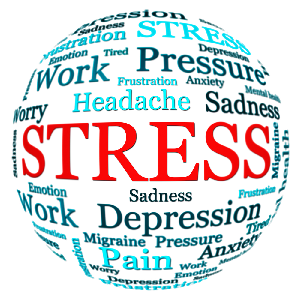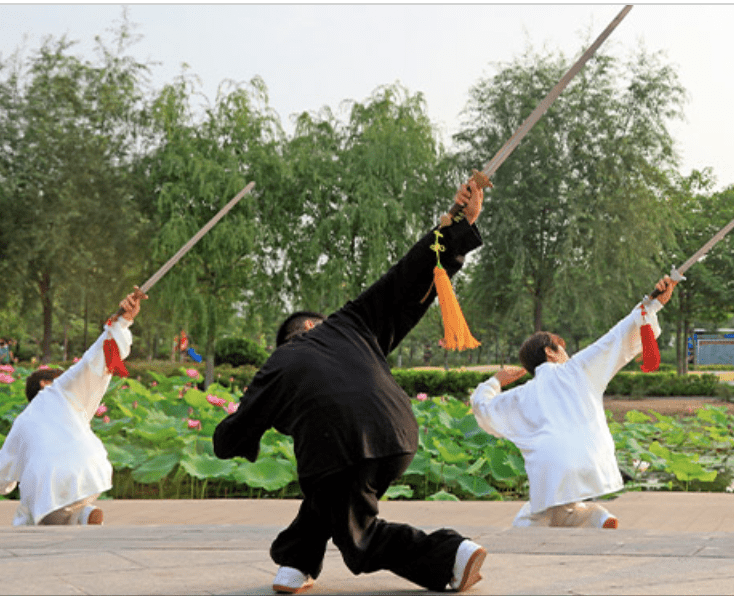 Tai Chi as an Alternative Treatment for ADHD. Experiencing forgetfulness, anxiety, and impulsivity are things that everyone goes through at one point or another. When it becomes a persistent pattern matched with hyperactivity and limited attention, it can be diagnosed as Attention Deficit Hyperactivity Disorder (ADHD) (“Attention..”, n.p.). There is a range between physical, cognitive, and behavioral symptoms of ADHD. Most often it’s diagnosed when people are between ages six and forty.
Tai Chi as an Alternative Treatment for ADHD. Experiencing forgetfulness, anxiety, and impulsivity are things that everyone goes through at one point or another. When it becomes a persistent pattern matched with hyperactivity and limited attention, it can be diagnosed as Attention Deficit Hyperactivity Disorder (ADHD) (“Attention..”, n.p.). There is a range between physical, cognitive, and behavioral symptoms of ADHD. Most often it’s diagnosed when people are between ages six and forty.
Prescriptions and forms of therapy are the two majorly recognized forms of treatment for the chronic symptoms. Treating ADHD is hardly an easy thing — the prescriptions may come with serious side effects, and not everyone can afford to finance therapy. However, there have been numerous studies showing the effectiveness of an alternative treatment for ADHD: Tai Chi.
Tai Chi as an Alternative Treatment for ADHD
Tai Chi is a category of martial arts that teaches self-defense through a series of slow, purposeful movements. Self-awareness and “centering” oneself are integral to the practice. For years and years Tai Chi has been shown to enable a physically healthier lifestyle by improving flexibility and reducing joint pain. In addition, Tai Chi has also been shown to lower depression, stress, and anxiety (“Tai Chi,” n.p.).
When introducing people with ADHD to Tai Chi training, it has been shown that the disruptive patterns are lessened (Moser, n.p.). One study in particular demonstrated this powerful effect. A group of adolescents diagnosed with ADHD were observed before, during, and after Tai Chi was introduced. After only ten classes the teens experienced a significant reduction in the severity of symptoms.

Tai Chi Show Incredible Results
These ten classes were spread out over a time period of two weeks and were relatively standard. They were led through standing meditation, and the beginning motions of the long form. Standing meditation, where an individual focuses on a stationary or slow-moving pose, has been shown to have significant cognitive benefits. Including a decrease in hyperactivity and stress (Moser, n. p.).
The long form is a series of movements that involve a focus on one’s energy, flow and inner stability; it also teaches moves of self-defense.
Unlike other forms of treatment, once someone learns any aspect of Tai Chi they can practice it anywhere and anytime. They don’t have to wait to refill a prescription or for their appointment. This is perhaps one of the most empowering reasons why Tai Chi should be taken up for its therapeutic values. It only requires dedication for someone to benefit.
It’s important to keep in mind that just like any other form of treatment, in order for the benefits of Tai Chi to be consistently felt. The practice needs to be consistent and regular. This study showed that consistent and frequent practice of Tai Chi lessened the symptoms and paused the disruptive patterns of ADHD. This is a significant finding as it further validates Tai Chi as an option for ADHD treatment.

